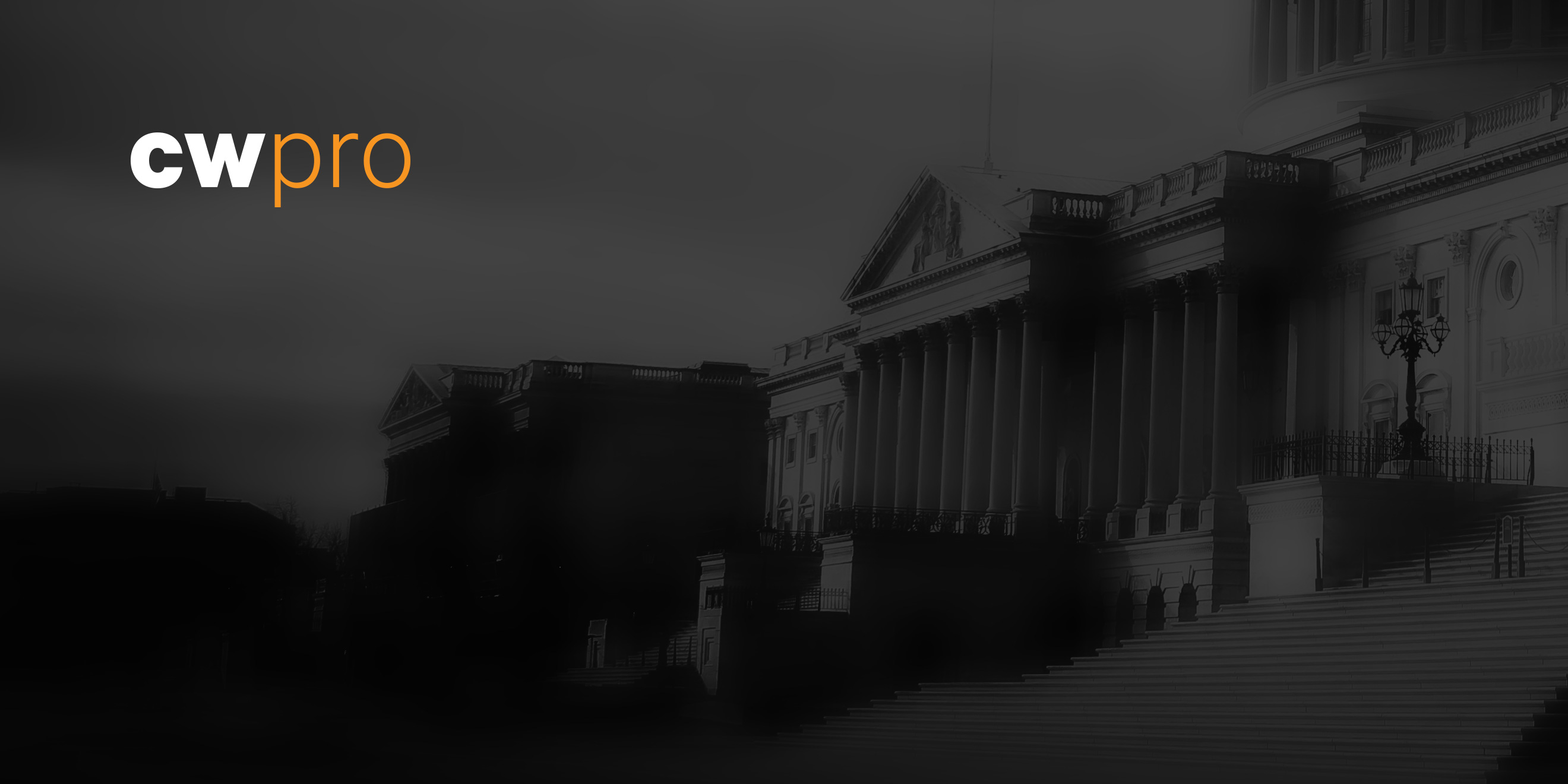At a glance.
- Congressional debate on the US EARN-IT Act begins.
- Huawei denounces its designation as a threat to national security as governments look to build national alternatives to the Shenzhen vendor.
- Hong Kong's assimilation by Mainland China begins.
- Regulating loot boxes as gambling?
EARN-IT Act now being debated in Congress.
The US Congress is taking up the EARN-IT Act in earnest today: “encryption fireworks,” as the Washington Post calls the discussion. The Volokh Conspiracy recognizes the Justice Department as the prime mover of an attempt to curtail what the bill's sponsors refer to as "warrant-proof" encryption. The EARN-IT Act has Republican sponsors, but the Justice Department's interest in ensuring its access to encrypted communications during law enforcement and counter-terror investigations is firmly bi-partisan, extending back through the previous Administration at least.
Huawei objects.
Huawei has made its statement to the media concerning the US Federal Communications Commission’s designation of the company as a threat to national security. It wants a reprieve, denouncing the designation as “based on selective information, innuendo, and mistaken assumptions.” The company is canny enough to appeal to concerns about telecommunications for rural areas, and underserved regions generally. These constitute a natural market for the company’s equipment. The Rural Wireless Association, a trade group representing the interests of ISPs that serve fewer than a hundred-thousand subscribers, yesterday described themselves as "stunned" by the FCC's decision, and asking for more time to request remission.
The purge of Huawei and ZTE gear extends beyond the FCC's areas of responsibility. Federal News Network reminds Federal contractors that they now have just about six weeks to bring themselves into compliance with a provision of the 2019 National Defense Authorization Act that requires them to assure the Government that they don't use any Huawei or ZTE equipment in their supply chains.
Indeed, development of affordable alternatives to the famously low-balled prices of Huawei equipment in particular has emerged as a centerpiece of many national responses to what more national governments see as the uncomfortably large market share the Chinese company has achieved. CSO has an account of the ways in which the US Commerce Department's National Telecommunications and Information Administration (NTIA) has begun to move toward implementation of the National Strategy to Secure 5G. A central part of that implementation will be the encouragement of national sources of hardware. The difficulties of doing so may be seen in a Bloomberg Businessweek account of the rise and fall of Nortel as a Canadian national champion, undone in part by industrial espionage and unchallenged, predatory marketing.
Recent hardening of Beijing's line toward Hong Kong, coupled with release this week of a study by Lookout that outlined the hitherto underappreciated scope of China's surveillance and repression of ethnic Uighurs, both domestically and internationally, have drawn a strongly unfavorable reaction around the globe. It seems unlikely that many governments will be moved to act in Huawei's favor. Some governments have begun to retreat from their earlier, relatively more permissive attitudes toward the Shenzhen company. The Guardian sees a tougher line forming in Whitehall and Westminister, for example.
The assimilation of Hong Kong.
China's National Security Law has effectively ended Hong Kong's former autonomy, the Register reports. The Wall Street Journal says this marks an end to business-as-usual in the city. The law is cast as a measure against “secession, subversion, terrorism and collusion with foreign forces.” Those who run afoul of it are subject to removal to the Mainland and long prison sentences, in principle extending to life. China’s full online surveillance apparatus can henceforth be expected to be used against Hong Kong.
But of course the online, cyber aspects of the National Security Law are not the most important of its effects. As far as extradition to the Mainland is concerned, Foreign Affairs published an elegy for the city's autonomy today under the title “Hong Kong is part of the Mainland now.”
Oh, there's trouble in Tilted Towers...
...and there's a difference between a commoner and a Lord (or a Lady) with a capital "L," and that stands for loot! Your young 'uns have been fritterin' away their days and nights in Tilted Towers or Retail Row. ZDNet sounds the alarm: Britain's House of Lords wants to regulate loot boxes as a form of gambling. So do your Fortnite Charleston while you still can, kids, before milord gets his hands on it, because fritterin' may be on the skids in Westminster. But if things like online poker, dog tracks, and loot boxes all cater to an addictive pursuit of the rainbow's end, then maybe milord's got a point.
A note to our readers.
We'll be observing Independence Day this week, and so won't be publishing on either Friday or Saturday. We'll be back with a new episode of Career Notes this coming Sunday, and as usual we'll return to our normal publication schedule Monday. In the meantime, enjoy the Fourth.
